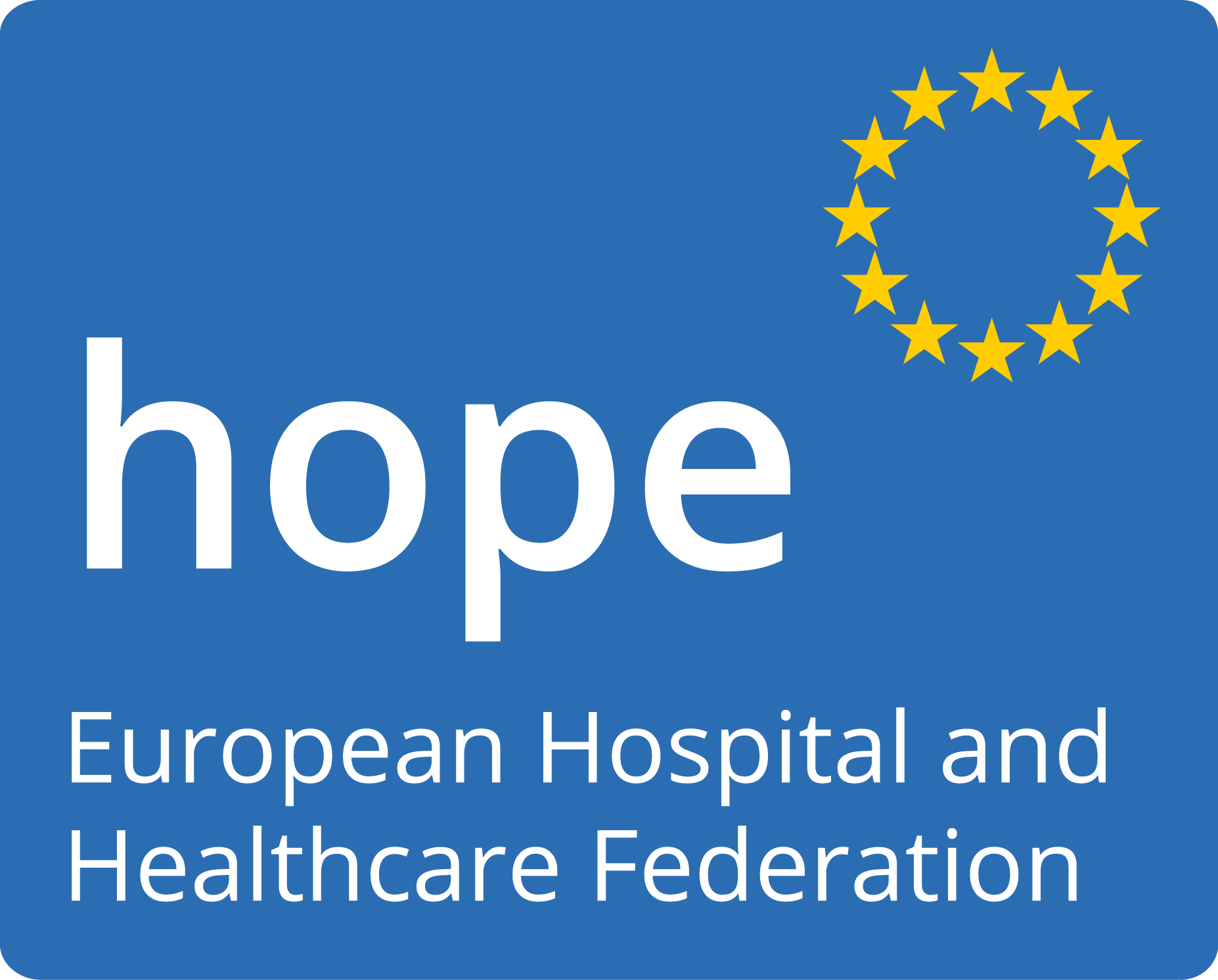Health Technology Assessment (HTA) is intended as a “multi-disciplinary field of policy analysis that studies the medical, social, ethical, and economic implications of development, diffusion, and use of health technology” (INAHTA, 2013). It practically consists in the evaluation of new technologies, in terms of effects and impacts on the healthcare system, with the purpose of informing the policy makers about their cost-effectiveness, safety and value for the patients. Diagnostic and treatment methods, medical equipment, pharmaceuticals, rehabilitation and prevention methods, but also organisational and support systems used to deliver healthcare are examples of “health technologies” subject to assessment.
In 2004, the European Commission and the Council of Ministers recognised HTA as a priority in Europe and, for this reason, encouraged the creation of a network on the topic achieving the following goals: to enhance the efficient use of HTA; to share knowledge about HTA in a sustainable way; to recognise and to promote good practices of HTA. As a result, a call was launched by the European Commission in 2005 and 35 organisations lead by the Danish Centre for HTA (DACEHTA) in Copenhagen answered. In 2009 the European network for HTA became a stable and sustainable collaboration called EUnetHTA. Member States and several European organisations, including HOPE, took part in the three successive Joint Actions on the topic: the first in 2010, the second in 2012 and the third in 2016.
Following the adoption of the Cross-border Healthcare Directive (2011/24/EU), a voluntary EU-wide network on HTA composed of national HTA bodies or agencies was established in 2013 to provide strategic and political guidance to the scientific and technical cooperation at EU level. The European Commission launched in October 2016 a public consultation on HTA to which HOPE contributed. Then on 31 January 2018 the Commission put forward a proposal for a Regulation on Health Technology Assessment (HTA) to which HOPE responded by a Position Paper on HTA.
In its position paper, HOPE welcomed the objectives of the proposal and attached particular importance to sustainability for high-quality patient care, which also includes safe access to new technologies. HOPE also welcomed the separation made in the proposal of the clinical assessment at EU level and the non-clinical assessment at the national level, insofar as the member states wish to carry out a further examination in their respective health care system. HOPE stressed out different aspects of the proposal that could be improved: more precision is required regarding some key-aspects like the definition of “European stakeholders” and their involvement or regarding the principles of “independence, impartiality and confidentiality” that has to be respected by the Coordination Group. Some precise time limits could also be defined to avoid the legislation to create delays for example in the introduction of primarily new drugs. Due to the complexity of the procedure, HOPE saw the frequent specification of tertiary legislation as problematic and, as far as possible, national legislators should themselves set rules on important issues in the law.
Following discussion in both the European Parliament and the European Council, on 15 December 2021, the Regulation on Health Technology Assessment (HTA) was signed by the two institutions. The Regulation on HTA entered into force in January 2022 and will apply as of January 2025. Indeed, the Regulation provides for a delayed application of three years, during which the Commission will:
– set up the Coordination Group. The Commission will soon invite Member States to nominate their members and the first meetings of the Coordination Group is tentatively scheduled for mid-2022;
– establish the Stakeholder Network;
– adopt the necessary implementing and delegated acts; and
– facilitate the development of methodology for joint HTA work by the Coordination Group as required by the Regulation.
On 10 March 2022, the EU Commission published the rolling plan for the implementation of the Regulation on HTA.
In parallel, the collaboration between HTA agencies continued. The Health work programme 2020 mentioned a joint action financing on the EU Health Technology Assessment (HTA) cooperation, with a focus on joint clinical assessments. On 29 September 2021, the heads of 19 European HTA agencies came together and inaugurated a new HTA-focused collaborative network for high-level strategic exchange and discussion. Organisations that have joined the group so far include AEMPS (Spain), AIFA (Italy), AGENAS (Italy), AIHTA (Austria), INFARMED (Portugal), KCE (Belgium), NIPH (Norway), G-BA (Germany), HAS (France), HIQA (Ireland), IQWiG (Germany), FIMEA (Finland), NCPE (Ireland), REDETS (Spain), RER (Italy), RIZIV-INAMI (Belgium), NOMA (Norway), TLV (Sweden) and ZIN (The Netherlands).
HOPE was part for several years of the stakeholder group “Provider” in the Joint Action for Health Technology Assessment in Europe EUNetHTA. It came to an end and the EU entered a new phase of European HTA cooperation with EUnetHTA 21 of which HOPE is a stakeholder.
EU Projects
EUnetHTA (JA1)
Joint Action 1 on Health Technology Assessment
EUnetHTA (JA2)
Joint Action 2 on Health Technology Assessment
EUnetHTA (JA3)
Joint Action 3 on Health Technology Assessment
EUnetHTA21
Service Contract for the Provision of Joint Health Technology Assessment (HTA) Work Supporting the Continuation of EU Cooperation on HTA
